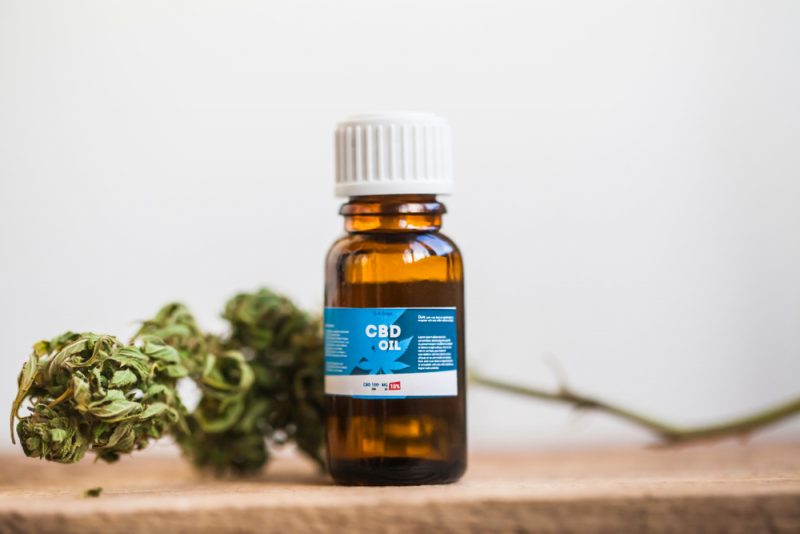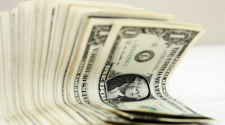CBD (short for “cannabidiol”) and THC (short for “tetrahydrocannabinol”) have many distinct differences, despite both hailing from the cannabis plant. Cannabis has hundreds of chemical compounds, but CBD and THC are the most widely studied out of all of them. Still, both substances alter the release of neurotransmitters in the brain, and share other similarities such as their potential to alleviate pain.

CBD and THC contain further similarities despite various stark differences, such as their side effects, chemical structure, and legality.
Components of THC and CBD
The most striking similarity between THC and CBD are their chemical components. They’re made of the exact same chemicals, but the arrangement of these chemicals is what makes the two so drastically different. THC and CBD share a molecular formula of C21H30O2 and molecular weights of 314.4 g/mol. But even though these chemicals share a molecular weight and formula, their different arrangements significantly impact how they affect your body.
CBD and THC can both be ingested in a multitude of ways such as gel capsules, vapes, gummies, or lotion products. Vaping is a popular choice for both THC and CBD. CBD vape oil is available in many states and online, and it’s an easy way to take advantage of CBD’s positive medical components without destroying your lungs with smoke. Vape oils also are portable and easier to acquire than other possible CBD or THC products.
Psychoactive VS. Non-Psychoactive
Another key differentiator between CBD and THC is how psychoactive they are. THC creates that well-known “high” that many are wary of when considering marijuana legalization and its potential dangers. THC activates CB1 receptors, which in turn create the high. But CBD does not bind with these receptors and therefore doesn’t create a high. Since THC is the part of marijuana that causes the high, it’s a most controversial substance than CBD.
CBD and THC can seemingly improve medical conditions such as generalized anxiety, epilepsy, and certain side effects from cancer treatment. At low doses, THC helps with relaxation, increase in appetite, and pain relief. CBD creates similar feelings, just without the high. It is important to consult with your doctor on which substance could help with a specific medical condition.
Differing Legalities of CBD and THC
Legality is a sticky situation when looking at compounds found in marijuana. Believe it or not, there are different legal parameters for THC and CBD, depending on the state. Marijuana and THC are on the list of controlled substances, so federally they are still illegal. But confusingly, CBD stores pop up in many states where marijuana is illegal.
That’s because by itself, CBD is actually legally available in all 50 states, whereas THC is not. The CBD must be derived from high-CBD and low-THC hemp. This means CBD which is legal won’t cause a high and is not considered a controlled substance.
Both substances reportedly have some medical benefits, so they’re seeing increases in popularity across the United States. We might see widespread legalization of THC in the coming years after more research is done on these substances. Marijuana is most accessible in the nine states where it’s fully legal, as well as Washington D.C. With that being said, marijuana is still fully illegal in 16 states, so look into your state laws and regulations before deciding to use THC.
















